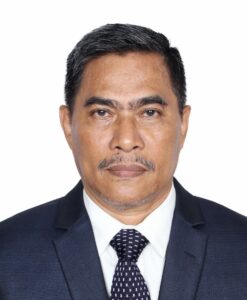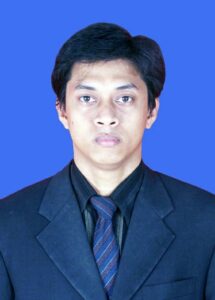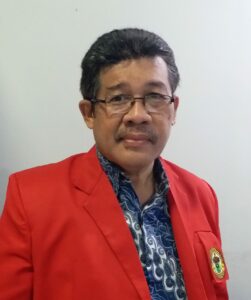Relations Between Social Capital And Human Capital Of The Fishermen Community
Downloads
The existence of fishing communities is very important in people's lives, but sometimes we do not understand the existence of their communities in the midst of the onslaught of modernization and globalization. The purpose of this research is to explain how the relationship between human capital and social capital in fishing communities. This study uses qualitative methods to provide a deeper picture of the problem under study by collecting data through observation, in-depth interviews and documentation. The data analysis technique used is flow model analysis. The steps taken in the data analysis technique are collecting data, reducing data, displaying verification data and drawing conclusions. The results showed that social capital plays an important role in the formation and actualization of human capital owned by individuals in society. In the fishing community of Tamasaju Village, human capital owned by individuals in the pinggawa pa'palele (capital owner) family is only owned by the family, especially related to the knowledge of traditional service accountants in capital and profit sharing. Basically, this knowledge is only owned by the family and will function if it is based on strong social capital. The ship's pinggawa family also has its own human capital such as the passimombalang moan (knowledge and skills of shipping) and the moan pabboyang (skills and knowledge of capture) are very inherent and only given to the family members. This is because the human capital that is owned is very traditional and tied to old traditions that were carried out to transfer human capital from one individual to another in the family. This is what does not allow human capital to move from individuals in the family to actors outside of family relationships. Individuals in the sawi family do not have special human capital, the human capital they have is formed because of their social capital in the pinggawa sawi system, namely participation in fishermen community.






